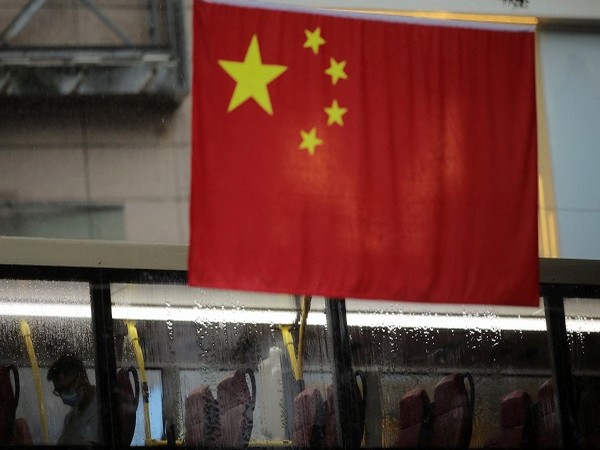President Ranil Wickremesinghe, in an interview with Nikkei Asia on Wednesday, to quote excerpts, said, “‘We have informed the Chinese Government of the need to restructure the debt and the need for all the creditors to sing from the same hymn sheet.
China, of course, has adopted a different approach, so it is a question of what is the agreement that the other creditor parties can reach with China.”
Wickremesinghe was responding to a question about China’s preferred route of refinancing its loans or deferring the repayment dates for countries in debt to Chinese banks – rather than restructuring the loans and settling for a loss-making ‘haircut.’
Sri Lanka is currently negotiating a loan from the IMF, said to be to the tune of USD three billion, to get over its foreign exchange (FX) crisis. But, a precondition for obtaining this loan is that all of its creditors, including China, agree to debt restructuring as the IMF has deemed that Sri Lanka’s debt is unsustainable. While the ‘G7’ (Canada, France, Germany, Italy, Japan, UK and the USA) countries have agreed to restructure Sri Lanka’s debt, not so China.
Meanwhile, China’s Ambassador to Sri Lanka Qi Zhenhong in a statement found on the Embassy’s website on Friday, to quote excerpts, said, “Sri Lanka who overcame aggression from its northern neighbour 17 times, colonisation by the West for 450 years, is now still standing in the world bravely and proudly. Any infringement on the national sovereignty, independence and territorial integrity of Sri Lanka shall not be tolerated. Next month, the 51st session of the UN Human Rights Council will be held in Geneva, where human rights issues in Sri Lanka might probably be stirred up again. As the Sri Lankan people are still grappling with severe economic and humanitarian difficulties, many might wonder what those countries, who have been always preaching about human rights, will actually do. Will they help Sri Lanka to ease its human rights crisis by providing concrete support? Or will they again use human rights as a cover-up tool to interfere into the island nation’s internal affairs and continue to rub salt into the wound of Sri Lankan people? Just let’s wait and see.”
As a first step to ease Sri Lanka’s human rights crisis, which Qi is concerned about, on Friday, UK relaxed its travel advisory on Sri Lanka, which, to quote excerpts, read, “UK no longer advises against all, but essential travel to Sri Lanka.” Previously, on 5 July, UK’s travel advisory, to quote excerpts, said, “UK advises against all, but essential travel to Sri Lanka.” UK traditionally has been Sri Lanka’s number one tourism services export market before being unseated by India. Prior to the Covid-19 epidemic, tourism was Sri Lanka’s third largest FX earner.
Meanwhile, Qi in his statement made four points. They were 1. Indian aggression on Sri Lanka, 2. Infringement on Sri Lanka’s sovereignty will not be tolerated, 3. Next month’s Geneva sessions and 4. Humanitarian assistance to Sri Lanka.
Indian aggression on Sri Lanka is in the past, just like China’s aggression on Vietnam is also in the past. In fact, China’s Foreign Ministry Spokesperson Zhao Lijian, addressing reporters from Beijing on 8 June, referring to alleviating Sri Lanka from its economic crisis, to quote excerpts, said, “We have taken note that the Indian Government has also done a lot in this regard. We commend those efforts. China is ready to work with India and the rest of the international community to help Sri Lanka and other developing countries experiencing difficulty to pull through the hardship as early as possible.”
Nonetheless, Ambassador Qi is maintaining a “deafening” silence with regard to Wickremesinghe’s request to aid Sri Lanka to restructure its debt, while pointing fingers at others for at least not doing enough to help Sri Lanka to overcome its current economic morass. On ‘Geneva’, Sri Lanka, with the aid of the West, Japan and India, has faced ‘Geneva’ successfully before. With or without China’s help, Qi may be assured that the outcome at next month’s sessions will be no different.

